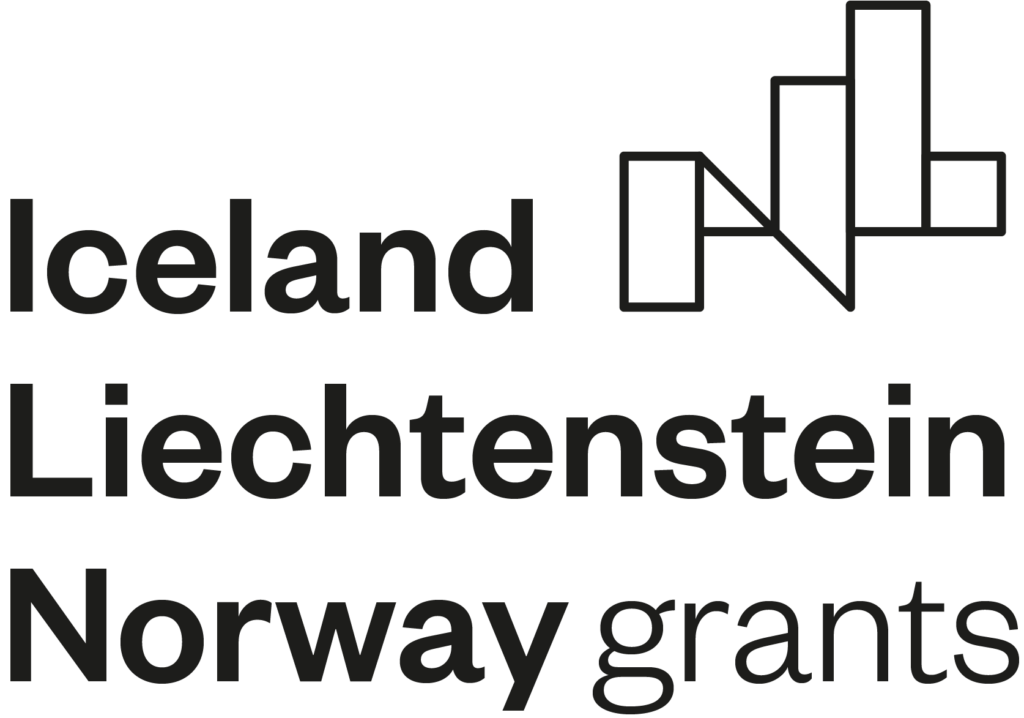PROJECT TITLE
Regional hydrogen trains on Czech railways
PROJECT CODE
TO01000324
GRANT
EEA Grants and TA CR
Funding: 16 320 331 CZK
About the project:
The objective of this project is to analyze the Czech railways and locate areas where hydrogen train technology would be a preferred technical, economic and environmental solution compared with other train technologies. This study will examine and collect initial data especially from the non-electrified railways where diesel train are operated. Through the methodology and software developed by SINTEF, the analysis will generate techno-economic analyses and make a comparison ranking of train technologies solution between diesel, battery, hydrogen and hybrid trains. The results will allow to identify preferred areas with a beneficial techno, economic and environmental outcome by deploying low-emission trains for replacing future decommissioned diesel trains on non-electrified railway.
2021
In the first year of the project duration, activities were carried out in accordance with the project
proposal. Namely, the following activities:
- monitoring of existing and description of potential new hydrogen sources in the Czech Republic
(Task 1) - development of a methodology for selection of suitable routes (Task 2)
- selection of 16 routes (Task 2)
- verification of the applicability of simulation method (Task 3)
2022
In the second year of the project duration, activities were carried out in accordance with the project
proposal. Namely, the following activities:
- update of existing and potential new hydrogen sources in the Czech Republic, hydrogen
production modelling (Task 1) - finalisation of a methodology for lines selection and railway data collection (Task 2)
- techno-economic analysis of R14 Line (Task 3)
- initial definition of feasibility study structure (Task 4)
2023
In the third year of the project duration, activities were carried out in accordance with the project proposal. Namely, the following activities:
- Techno-economic analyses of the following seven lines: R14, R21, R22, R25, R26, R27 and SP14
- Discussion on results and its interpretation
- Two workshops on project results (one in Norway and one in the Czech Republic) organisation
- Project extension proposal preparation (Request for change)
- Cross-boarder line selection (U28), input data collection and its techno-economic
evaluation
2024
In the last year of the project duration (01-04 2024), activities were carried out in accordance with the project proposal and its extension based on approved request of change from 2023. Namely, the following activities were carried out:
- updating of the technical report reflecting the trends of energy prices in the last years and implementation of the recommendations received from the authorities a participants of the project workshop held in November 2023 (final report including evaluation of scenarios and interpretation of analyses results),
- organization of a workshop in the form of a lecture block at an international conference (Hydrogen Days 2024) as a deliverable/output beyond the original project proposal (additional output within the approved project extension),
- production and publication of an educational video describing various emission-free propulsion powertrains for regional and long-distance rail transport (according to the approved request of change from 2023, this outcome was achieved but is not reported as an additional output).
Beneficiary and project partners:
ÚJV Řež, a. s.
Výzkumný Ústav Železniční, a.s.
SINTEF AS
Česká vodíková technologická platforma
Vysoká škola chemicko-technologická v Praze

The RegioHyt project benefits from a € 0.6 mil. grant from Iceland, Liechtenstein and Norway through the EEA and Norway Grants and the Technology Agency of the Czech Republic.
The project is carried out under the KAPPA funding programme for applied research, experimental development and innovation, managed by the Technology Agency of the Czech Republic.
